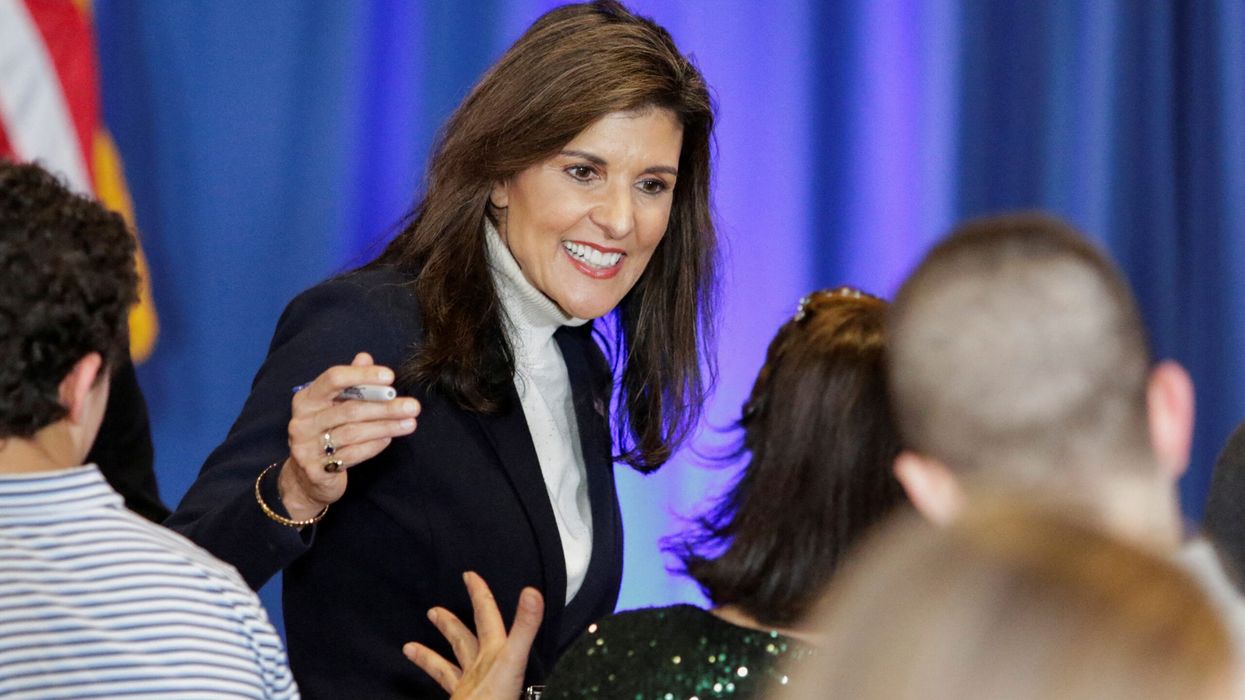PRESIDENTIAL contender Nikki Haley won the Washington, D.C., Republican primary on Sunday (3), her first victory in the nominating process and a symbolic win for the former US ambassador to the UN, Edison Research said.
Haley, the only remaining challenger to Donald Trump in the race, won 62.9 per cent of the vote, versus 33.2 per cent captured by the former president.
"It’s not surprising that Republicans closest to Washington dysfunction are rejecting Donald Trump and all his chaos," Haley campaign spokesperson Olivia Perez-Cubas said in a statement.
Haley was the first woman to win a Republican primary in US history, her campaign said.
She still faces near-impossible odds in her quest to win the Republican nomination to take on likely Democratic nominee president Joe Biden in November. Trump won the first eight nominating contests by significant margins before losing to Haley in America's capital city.
The former president is also expected to win almost all nominating contests going forward, opinion polls show.
Washington, D.C., is 100 per cent urban and a relatively high proportion of residents hold a college degree. The core of Trump's base skews rural, and he is particularly strong in areas with low educational attainment.
"I purposely stayed away from the DC Vote because it is the 'Swamp,' with very few delegates, and no upside," Trump said in a post on the Truth Social platform.
The city also is home to a significant number of federal workers who Trump allies have pledged to fire en masse and replace with loyalists if he wins in November. Some categories of federal workers have seen an increase in death threats in recent years, and Trump often refers to the DC area as the "swamp."
Haley will pick up 19 delegates from her win, a small portion of the 1,215 delegates needed to clinch the nomination.
Her victory could inoculate her from criticisms that she is unable to win a single nominating contest, though some Republicans will see her popularity in Washington as a negative. Many party leaders - Trump included - portray the city as crime-infested and run by out-of-touch elites.
This is not the first time Republicans in the capital have rejected Trump. During the last competitive Republican nominating contest in the District of Columbia, in 2016, Trump received less than 14 per cent of the vote and no delegates, even as he went on to win the nomination nationally.
On Tuesday (4), voters in 15 states and one U.S. territory will participate in the biggest day of nominating contests in the presidential primary. Known as Super Tuesday, 874 Republican delegates will be up for grabs.
The Democratic primary in Washington will be held in June.
(Reuters)













